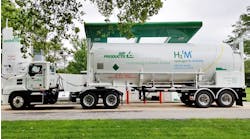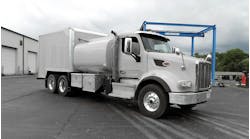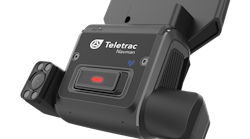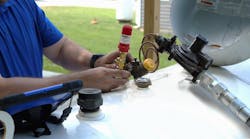Fleet managers can’t control how much fuel costs—but they can command how it’s utilized. And while many people believe a truck’s fuel efficiency is determined by its estimated mpg rating, the true calculation is more complicated.
“I think that fuel efficiency has more to do with the technology enablement that trucking companies use,” said Ted Pardee, chief revenue officer at PCS Software, a transportation management software company. He said that, typically, “the companies that are willing to invest in technology... have the most efficiency and save the most money.”
Technology can help fleet managers and dispatchers attack inefficiencies preventing a truck from achieving its best mpg. These inefficiencies range from truck and trailer designs to specific routes. They can also include operational inefficiencies such as excessive idling, taking routes with ongoing construction, driver practices, and poor communication between the driver, manager, and customer. Each of these aspects affects fuel efficiency.
Daniel Burrows, VP and general manager of TruckWings at ConMet, said fuel inefficiencies come from six primary factors: driver, equipment, load, traffic, terrain, and weather.
“For a fleet to really understand what is driving their current fuel economy and how they can improve it, they need an understanding of each of these factors and how they interplay,” Burrows said. “Each fleet’s answer will be different.”
Gathering this data gives fleets what Pardee called a “macro view” of each variable, and telematics software can help fleets gather this information and compile it for actionable use within the fleet to address fuel-related and operational inefficiencies.
“Those are just data points that should be feeding your TMS,” Pardee said. “They should be feeding that so that as you come to work every day, you have everything you need on your screen right in front of you.”
Read more at FleetOwner.com, a Bulk Transporter affiliate.










